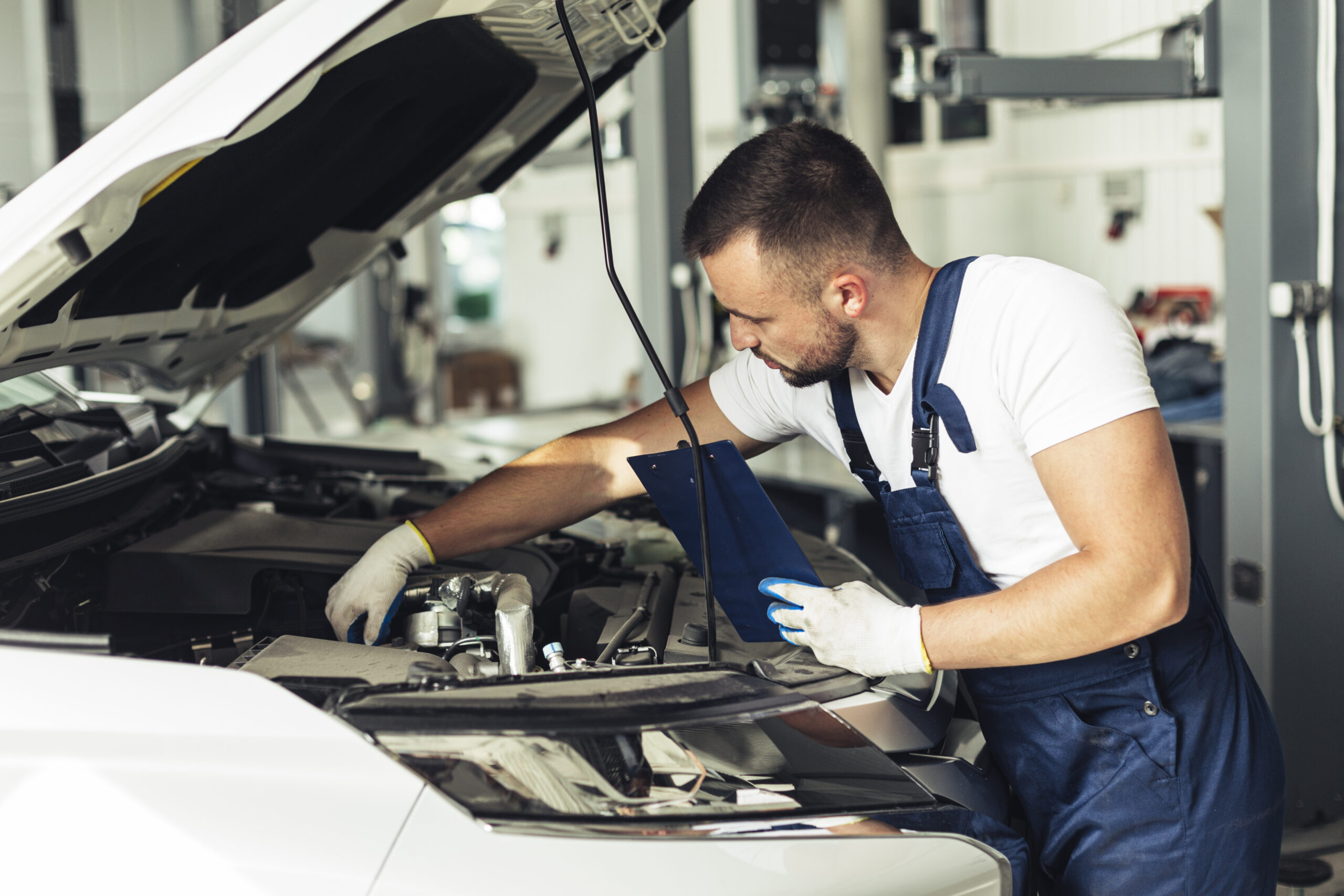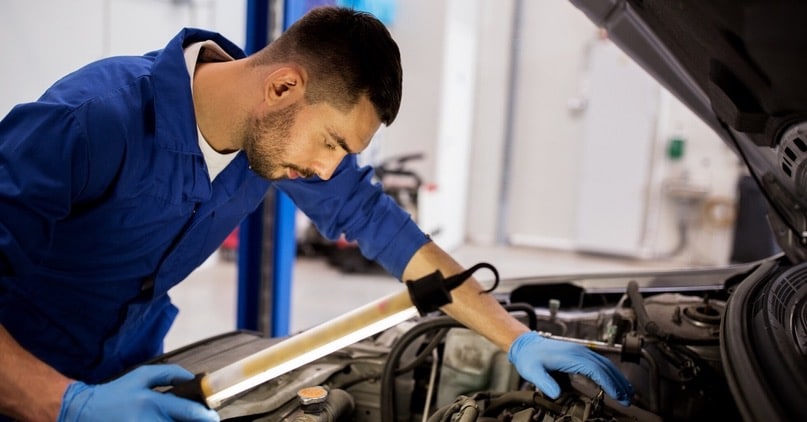All Categories
Featured

[/image]
Routine engine tune-ups are necessary for preserving your lorry's performance, boosting gas efficiency, and prolonging its life-span. Whether you're a seasoned auto owner or a beginner, recognizing the vital aspects of an engine tune-up can assist you maintain your automobile running smoothly for many years. Below are some necessary ideas to assist you with the process.
- Adjustment the Spark Plugs. Ignition system are small however mighty parts that play an essential duty in igniting the fuel-air blend in your engine. Over time, they can break or end up being fouled, causing poor engine efficiency, reduced gas effectiveness, and tough beginnings.
During a tune-up, check your ignition system for wear and replace them as needed. For many lorries, trigger plugs should be changed every 30,000 to 100,000 miles, depending on the kind and product. Fresh ignition system make sure effective combustion and smoother engine procedure.
- Inspect and Replace the Air Filter. The air filter is your engine's first line of defense versus dust, debris, and other pollutants. A blocked or unclean air filter can limit air flow, creating your engine to function harder and eat even more fuel.
Examine your air filter throughout a tune-up and change it if it's filthy or previous its preferred solution interval. A tidy air filter enhances engine efficiency and boosts gas economic climate.
- Inspect the Gas System. With time, your fuel system can gather dirt and carbon deposits, lowering engine efficiency and gas effectiveness. Cleaning up the fuel injectors and fuel lines throughout a tune-up helps preserve appropriate fuel delivery and burning.
You can make use of a fuel system cleaner or have an expert mechanic carry out an extra comprehensive cleansing. This action is especially beneficial for older vehicles or cars and trucks often driven in stop-and-go web traffic.
- Examine the Belts and Hoses. Belts and pipes are essential for numerous engine functions, such as running the generator, water pump, and air conditioning. Throughout a tune-up, check for splits, fraying, or signs of endure these parts.
Replace any worn-out belts and hose pipes to stop possible malfunctions. A busted belt or leaking hose can lead to engine getting too hot or loss of power, so resolving these concerns quickly is important.
- Replace the Engine Oil and Oil Filter. Engine oil is important for lubricating moving components, reducing friction, and regulating engine temperature level. In time, oil comes to be infected and loses its performance.
As component of a tune-up, replace the engine oil and oil filter. Use the type of oil advised by your lorry's maker and stay with the suggested adjustment intervals. Tidy oil keeps your engine running efficiently and stops premature wear.
- Test the Battery and Billing System. A healthy battery is important for beginning your car and powering its electric systems. Throughout a tune-up, inspect the battery's voltage and check the terminals for rust. Tidy the terminals if required and guarantee a secure connection.
In addition, examination the alternator and charging system to guarantee your battery remains charged during procedure. If your battery is weak or old, consider replacing it to avoid unexpected breakdowns.
- Flush and Replenish the Coolant. The cooling system controls your engine's temperature level, avoiding it from overheating. Old or polluted coolant can shed its effectiveness, bring about potential engine damage.
During a tune-up, flush the old coolant and replace it with a fresh mix. Check the radiator, thermostat, and hose pipes for leakages or damage. Keeping the air conditioning system in good condition ensures your engine runs at the best temperature level.

- Address Warning Lights and Unusual Signs. Modern vehicles are outfitted with diagnostic systems that alert you to potential issues with control panel caution lights. If your check engine light or any type of other warning indications are on, resolve them during your tune-up.
In addition, focus on unusual symptoms such as odd noises, harsh idling, or reduced gas effectiveness. A specialist auto mechanic can detect and settle these troubles during the tune-up procedure.
- Do Not Neglect the Exhaust System. Your vehicle's exhaust system gets rid of damaging gases from the engine and ensures correct emissions. Inspect the exhaust system for leaks, rust, or damages during a tune-up. A faulty exhaust system can influence engine efficiency and result in environmental and safety and security problems.
- Use High-Quality Parts and Fluids. When changing parts or completing liquids throughout a tune-up, constantly select high-quality items that satisfy your lorry's specifications. Utilizing substandard parts or incorrect liquids can negatively impact your engine's performance and durability.
Conclusion: Regular Tune-Ups Are Key to Engine Health And Wellness. Taking the time to tune up your engine ensures it runs effectively, conserves fuel, and minimizes the danger of failures. Whether you execute these jobs yourself or depend on a relied on mechanic, routine tune-ups are a financial investment in your automobile's reliability and durability. Follow these tips, and you'll delight in a smoother, a lot more trustworthy trip for several years to come.
Latest Posts
Learn How to Cut Costs on Car Maintenance with Montclare Auto Repair’s Special Deals
Uncover Cut Costs on Car Maintenance with Montclare Auto Repair’s Exclusive Deals
Discover WyHy FCU – Top Benefits for Your Future
More
Latest Posts
Learn How to Cut Costs on Car Maintenance with Montclare Auto Repair’s Special Deals
Uncover Cut Costs on Car Maintenance with Montclare Auto Repair’s Exclusive Deals
Discover WyHy FCU – Top Benefits for Your Future